How could one resist sharing this email received this morning, which, by the way, interrupted the stirring anxiety of a restless night and a chilly morning and mood. One can count on Bersone to be paying attention to the details of the moment - every sound a song, every word a poem. Thus, neither morning nor mood so damned chilly after all! Have a nice day.
Email to the Buffalo
01/27/2009 6:56 AM Bersone:
Buffalo,
There's a rooster across the street that crows incessantly, night and
day, as if he's lost his sense of when he's supposed to go off, in
the city as he is, or perhaps because there's never another rooster
answering him. There he goes again, six thirty in the morning just
as he did last night at eight. And that silence after he crows! An
interval of waiting. You can almost hear him listening for the
response. Of one thing we can be sure: he'll crow undeterred by a
lack of audience. It's in him and it's all he can do. One could say
that he's fulfilling himself; one could say that he's merely
proclaiming his little being, or asserting an absurd ego, or
humiliating himself by displaying for a hen that may not even be
there. It's up to us to define the rooster in Oakland. He's the
soundscape, we're the listeners. The meaning lies within us; he's
let it out. A Rooster Crows in Oakland, A Tree Grows in Brooklyn.
I go to the office today before a show at the Marriott tomorrow, a
show on continuing medical education, whatever that is. I'm taking
Henry with me, the Rimbaud book. I picked up the 7th diary of Anais
Nin the other day, used, a hardcover copy for ten bucks with a
wonderful picture of her and Henry laughing, he in his robe at
Pacific Palisades. This book came out around 1974, about the time
she wrote me that lovely two page letter, inviting a correspondence.
She fell ill not so long after, I think, and died in 1977. She was
born in 1903, which would make her about twenty years Henry's
junior. Her fight was to validate the unconscious, the inner self;
during the thirties and forties that was taboo. In such decades,
which required such self-sacrifice, people were taught that to take
themselves seriously, their feelings and dreams, was indulgent,
selfish. That led to the insane sterility of fifties, a decade of
people psychologically traumatized by the depression and war,
whatever spiritual needs they had answered by materialistic quests.
Then the pendulum swung into another labyrinth. We turn the past over and over, as the river jostles the stones within it as if they
were living eggs, trying to nudge a little meaning out of them,
smoothing them, shaping them. In turn, they knock gently against
each other, like children talking quietly among themselves in a
language only children understand.
Subscribe to:
Post Comments (Atom)
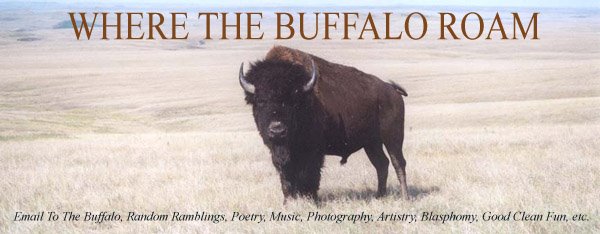





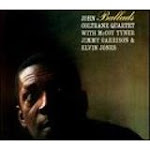
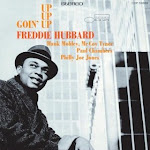









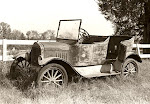



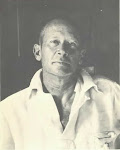
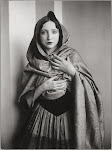

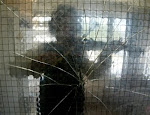









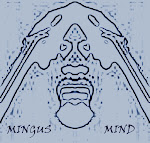

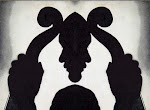


No comments:
Post a Comment